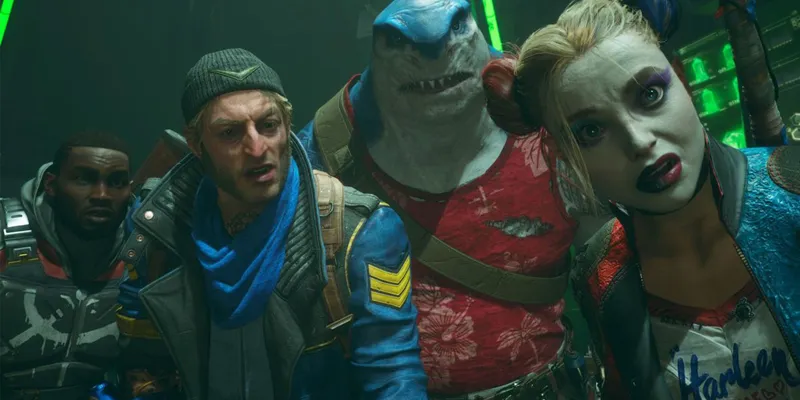Following the lukewarm reception of Suicide Squad: Kill the Justice League, the DC gaming landscape appears to be at a crossroads. Recent releases from DC have failed to resonate with audiences, akin to the struggles faced by the DCEU. As new DC-related games loom on the horizon, fans are anticipating a departure from the brand's current trajectory.
The underwhelming performance of Suicide Squad: Kill the Justice League and Gotham Knights underscores the need for a shift in approach. In contrast, franchises like Marvel and Star Wars continue to captivate fans with diverse gaming experiences crafted by various studios. While quality may vary, the breadth of offerings showcases a model that DC could emulate.
Diversification within the Gaming Sphere
Challenging Years for DC Games
The aftermath of Batman: Arkham Knight's release in 2015 saw a dearth of major AAA DC titles. Apart from Telltale's Batman series and LEGO DC Super-Villains by Traveller's Tales, DC enthusiasts had limited options. This trend seems to be evolving, with Warner Bros. Interactive Entertainment unveiling new DC titles. While Gotham Knights marked a significant release, its reception among fans was divisive. Hopes were pinned on Suicide Squad: Kill the Justice League to steer the ship, but it failed to resonate.
Embracing External Creativity for DC
Upcoming titles like Telltale's The Wolf Among Us 2 and Monolith Production's Wonder Woman hint at potential, yet Warner Bros.' commitment to the brand seems tentative. In contrast, Marvel and Star Wars enthusiasts enjoy a plethora of upcoming content. Marvel's recent releases like Marvel's Spider-Man 2 and Firaxis' Marvel's Midnight Suns, along with projects from Insomniac Games and Motive Studios, highlight a dynamic approach. Similarly, the Star Wars universe is expanding with titles like Star Wars Jedi: Survivor and Star Wars Outlaws, developed by various studios.
Marvel and Star Wars benefit from diverse collaborations, offering players a rich tapestry of gaming experiences. In contrast, DC's reliance on Warner Bros. studios limits game variety and frequency. While a complete overhaul is impractical, granting more developers access to the DC universe could foster innovation and accelerate game production, to the delight of fans.

